Organic foods are nonnegotiable, especially when we live in a world obsessed with fast foods and less nutritional daily diets. Thus, some nations are lucky to have an organic vegan diet as their national dish. Ethiopia is one of those nations. The country’s virgin land had been able to provide fresh and nutritious agricultural products for many centuries, and teff covers the majority of this portion. In this article, you will find injera nutrition and what makes injera healthy.
It is fair to say Injera is an “all in one” type of Ethiopian traditional food. When it comes to health advantages, Injera might be the best nutritionally rich grain and advisable for your health.
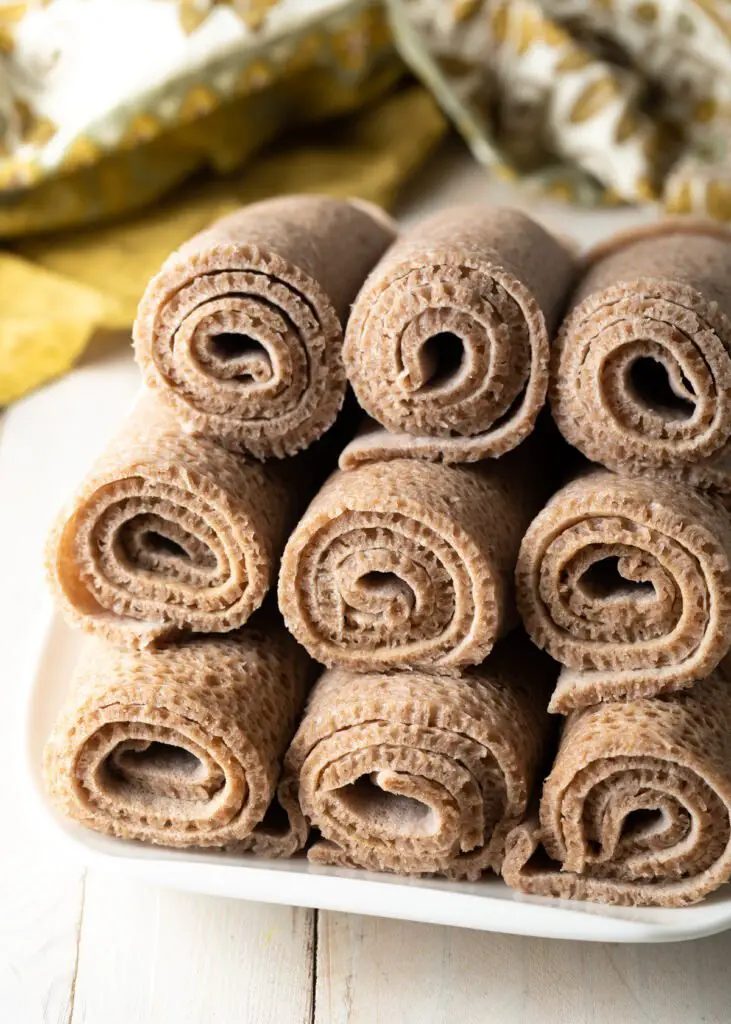
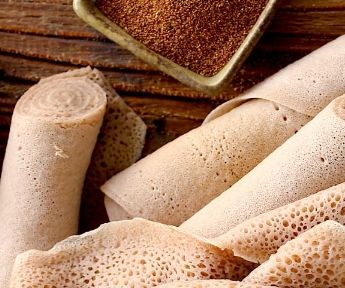
Before we strike deep into the details of its constituents, it’s better to skim through the nutrition which made Injera healthy.
Read more on Injera Recipe | Ethiopian Flat Bread
Nutrition Content of Teff (Ingrediant in Injera)
3.5 ounces (100 grams) of teff flour provides
- Calories – 366
- Iron – 37% of the daily value (DV)
- Calcium – 11% DV
- Protein -12.2gram
- Fat -3.7 gram
- Carb – 70.7 gram
- Fiber – 12.2 gram
* Since there are different teff types, the nutrient content might vary.
(Source – Healthline)
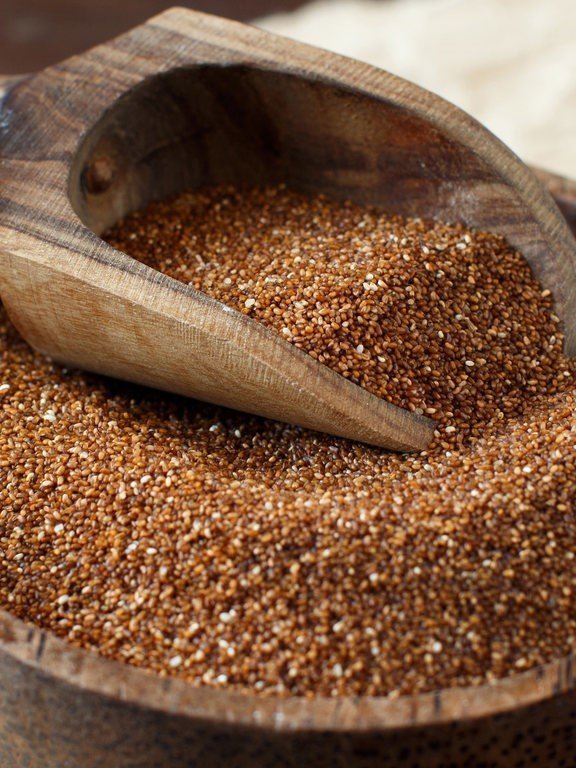
Research showed that cooked teff is more likely to have fewer nutrients compared to uncooked teff.
Uncooked teff has
- 73% carbohydrate,
- 9% water,
- 13% protein, and
- 2% fat.
Whereas cooked teff has
- 20% carbohydrate,
- 75% water,
- 4% protein and
- less than 1% fat.
In general, 100 g teff has 366 calories. This makes Injera the most nutritious grain with high fiber content.
Many people prefer it as an excellent grain for conserving weight with its low-fat concentration and glycemic index, which has led to efficient weight maintenance and providing extraordinary energy.
Is Injera Healthy? How?
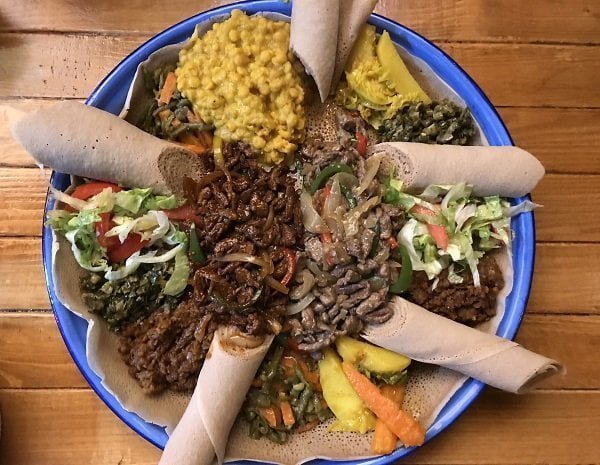
Out of the various health advantages of teff, we can list down the top four just for you.
Teff is Naturally Gluten-Free
The structural protein that is existent in gluten seems to be nonexistent in this ancient grain type. Due to that, Teff injera is preferable for people with celiac disease (1% of the world population). Since the only long-term effective treatment for people affected by celiac disease is a strict gluten-free diet, injera is one of the best choices.
But this only applies if the Injera is prepared 100% with teff. Unfortunately, many commercially available places use substituent grains like wheat to make Injera, so make sure the Injera is made from teff before eating.
Injera is Rich in Iron
Iron is one of the essential minerals in any food, which carries oxygen throughout the body and red blood cells. Thus consuming enough teff (the main content of injera) can help you sustain your oxygen availability in your body.
High Dietary Fiber Content
Having teff in your daily food diet can help you reduce your risk for heart disease, stroke, diabetes, bowel disease, constipation, and high blood pressure.
Lower Glycemic Index
Glycemic index indicates the relative rise of blood glucose after consuming food with glucose arbitration. Thus the index ranks from 1-100.
- 55 and less – low
- 56 to 69 – medium
- 70 and higher – high
Cooked teff has a moderate glycemic index with 57 GI, which is reasonably low. The low glycemic index allows diabetic patients to control their blood sugar. In addition, the high fiber content of teff can prevent blood sugar rise as well.
Last but not least, teff also has a high concentration of “lysine,” an amino acid essential for producing hormones, enzymes, collagen, elastin, and protein. It also supports energy production, immune function, and calcium absorption in our bodies.
But since teff’s low abundance in foreign countries, it’s relatively expensive, and you may not be able to find as much of the quantity you desire. Still, you can always use it in numerous dishes like cookies, cake, bread, muffin, and pancake to serve yourself and your family a nutritious meal every day.
Read more on Injera Recipe | Ethiopian Flat Bread
Conclusion
Teff and one of its famous recipes (Injera) is the pride of traditional Ethiopian food. It is served with love and compassion. You are invited to engage yourself and the ones you love with the limitless Ethiopian culture, come and experience the Ethiopian foods.
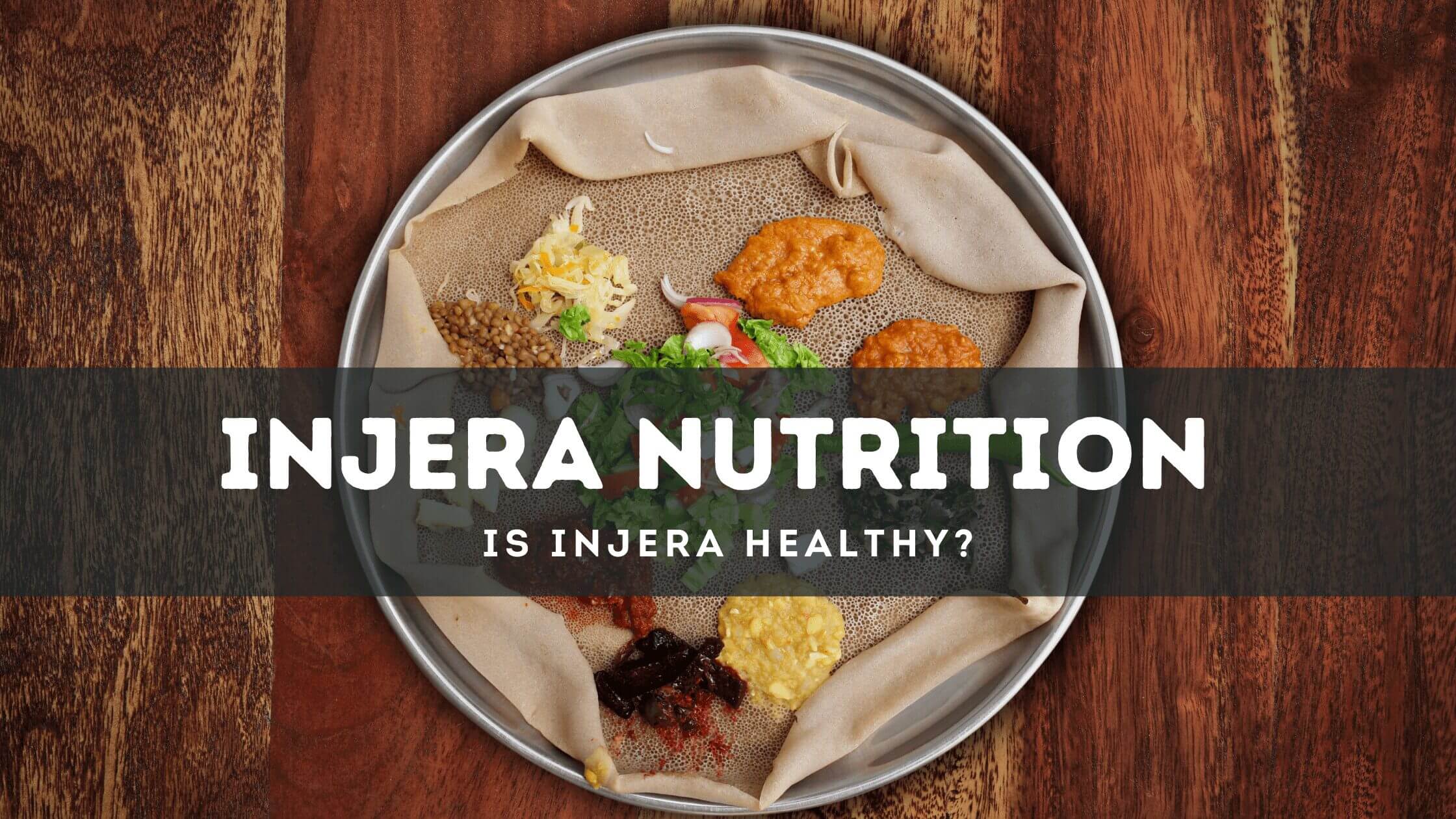






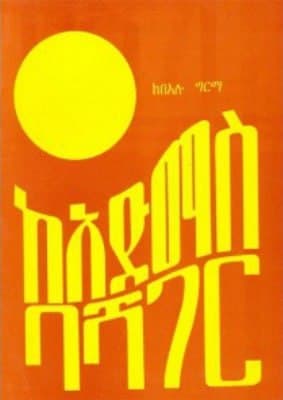

0 Comments